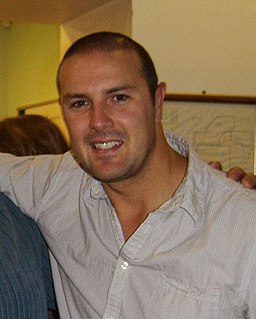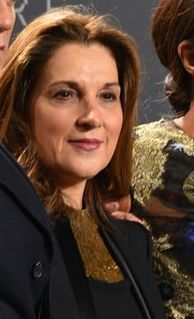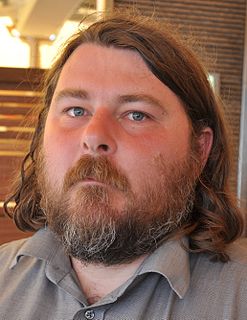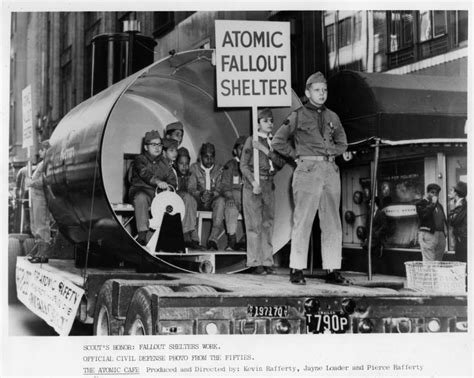A Quote by Bo Burnham
Since I got an audience before I even had a comic voice, my material that really wasn't worthy of an audience somehow got it, slightly unfairly.
Related Quotes
The next time I write a play - in order to get audience trust for a particular sort of tragic line, I'll try to bring the audience a good distance before that. Part of that is allowing comic moments to occur. I had been afraid of that - that once the audience started laughing in the play, they would never stop.
A lot of people that I know are bugged with the idea that they have got to have an audience, or they have got to be liked. I think the more that you fall into that trap it makes your own life harder to come to terms with, because an audience appreciation is only going to be periodic at the best of times.
I've told Michael Jackson jokes. If you got really technical, you could say those are jokes about child molestation. You could, if you got technical. A lot of this is just selective outrage because honestly, the audience are the ones that tell us that something shouldn't be spoken. The audience lets us know. And I've never, in my almost 30 years of being a comedian, seen a comedian continue to tell a joke that the audience doesn't respond to. I've never seen it.
I'm working for myself; what else have I got to work for? How can you work for an audience? What do you imagine an audience would want? I have got nobody to excite except myself, so I am always surprised if anyone likes my work sometimes. I suppose I'm very lucky, of course, to be able to earn my living by something that really absorbs me to try to do, if that is what you call luck.
We believed - and I personally still believe - that the so called Voice of God narration, ubiquitous in documentaries destined for PBS, is insulting to the audience. If you believe in the intelligence of your audience, you don't need to tell them what to think and how to process the material they're seeing.


































